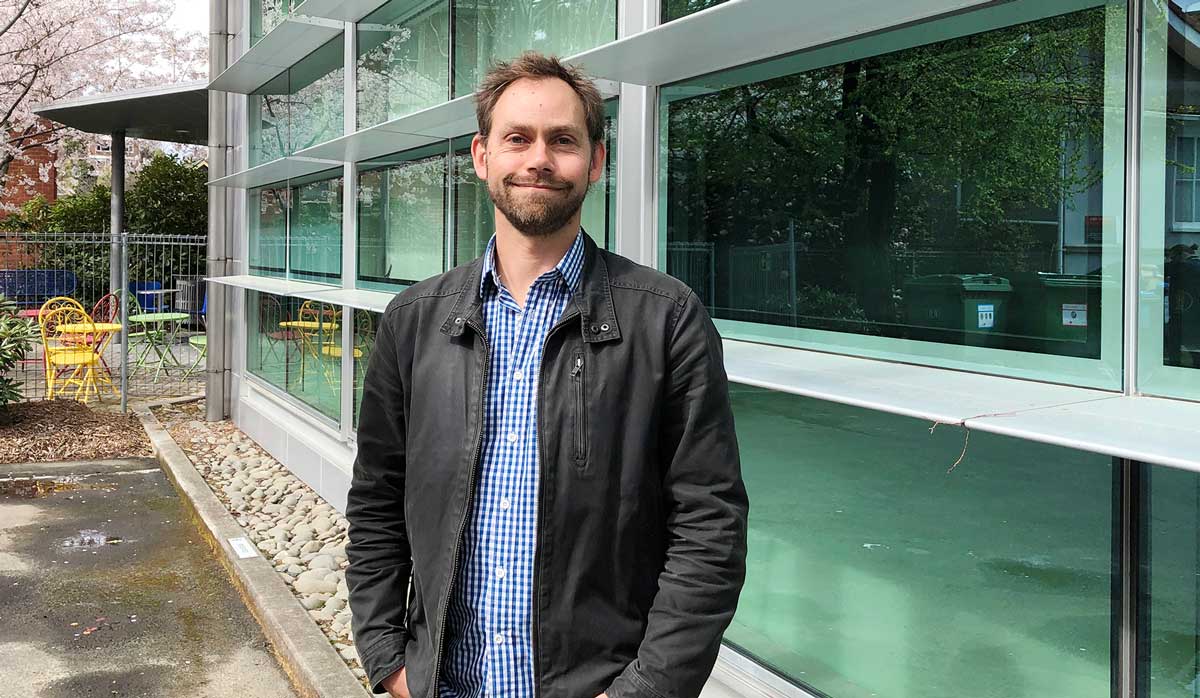Bird flu 'unlikely to have trade impact'
A marketing expert says it’s unlikely that the recent outbreak of avian influenza on an Otago poultry farm will have a significant impact on New Zealand’s trade relationships.
A new study has revealed that New Zealand is one of only a few island nations that could continue to produce enough food to feed its population in a nuclear winter.
The new study, from Professor Nick Wilson of the University of Otago, and independent researcher Dr Matt Boyd, from Adapt Research, claims a total of five island nations, including New Zealand, could be well placed to continue producing food despite the reduced sunlight and cooler temperatures caused by soot in the atmosphere following a nuclear war in the Northern Hemisphere.
The other four nations were Australia, Iceland, Vanuatu, and the Solomon Islands.
Wilson says that while New Zealand was likely to continue to be able to produce enough food, its production and distribution was still threatened by the country’s dependence on imported commodities, such as refined fuel.
The researchers investigated the impact of abrupt sunlight reducing scenarios - including nuclear war, super volcano eruptions, and asteroid impacts – on agricultural production globally.
They applied published crop models under ‘nuclear winter’ conditions to 38 island nations, combining this with other methods to estimate the food calorie supply. They also assessed a range of resilience factors that might protect countries from the impacts of a nuclear winter.
Boyd says although some other nations would likely be able to produce enough food, but other factors, like the collapse of industry and social functioning, placed their resilience in doubt.
Wilson says the findings are consistent with a 1980s study on the impact of nuclear war on New Zealand, although the country’s resilience has declined since then as its dependence on imported diesel and digital infrastructure has increased.
“Islands such as New Zealand are often very dependent on imports of refined liquid fuel, may lack energy self-sufficiency and are susceptible to breakdowns and shortages of critical commodities,” Wilson says.
“While New Zealand could divert a high proportion of its dairy exports to supply the local market, it lacks the ability to manufacture many replacement parts for farm and food processing machinery,” he adds.
 |
|---|
|
Dr Matt Boyd |
Meanwhile, Boyd says the findings reinforce the precarious position many countries would find themselves in during a global catastrophe.
“New Zealand has the potential to preserve an industrial society through this kind of catastrophe, but it is not ‘plug-and-play’,” he says. “A decent amount of strategic planning needs to happen and across a long period of time, but this planning would have benefits in dealing with a wide range of extreme risks.”
Boyd says the findings show a need to analyse nuclear winter and other abrupt sunlight reducing scenarios as part of a comprehensive national risk assessment.
“We are not aware of any plan for this kind of global catastrophe, including whether priorities for rationing have been considered.
“With the Government expected to release New Zealand’s first National Security Strategy this year it is important that the catastrophic risks associated with abrupt sunlight reducing scenarios do not slip through the cracks.”
New Zealand and Chile have signed a new arrangement designed to boost agricultural cooperation and drive sector success.
New DairyNZ research will help farmers mitigate the impacts of heat stress on herds in high-risk regions of the country.
Budou are being picked now in Bridge Pā, the most intense and exciting time of the year for the Greencollar team – and the harvest of the finest eating grapes is weeks earlier than expected.
The Real Estate Institute of New Zealand (REINZ) has released its latest rural property report, providing a detailed view of New Zealand’s rural real estate market for the 12 months ending December 2025.
Rural retailer Farmlands has released it's latest round of half-year results, labeling it as evidence that its five-year strategy is delivering on financial performance and better value for members.
OPINION: "We are back to where we were a year ago," according to a leading banking analyst in the UK, referring to US president Donald Trump's latest imposition of a global 10% tariff on all exports into the US.

OPINION: A mate of yours truly reckons rural Manawatu families are the latest to suffer under what he calls the…
OPINION: If old Winston Peters thinks building trade relations with new nations, such as India, isn't a necessary investment in…